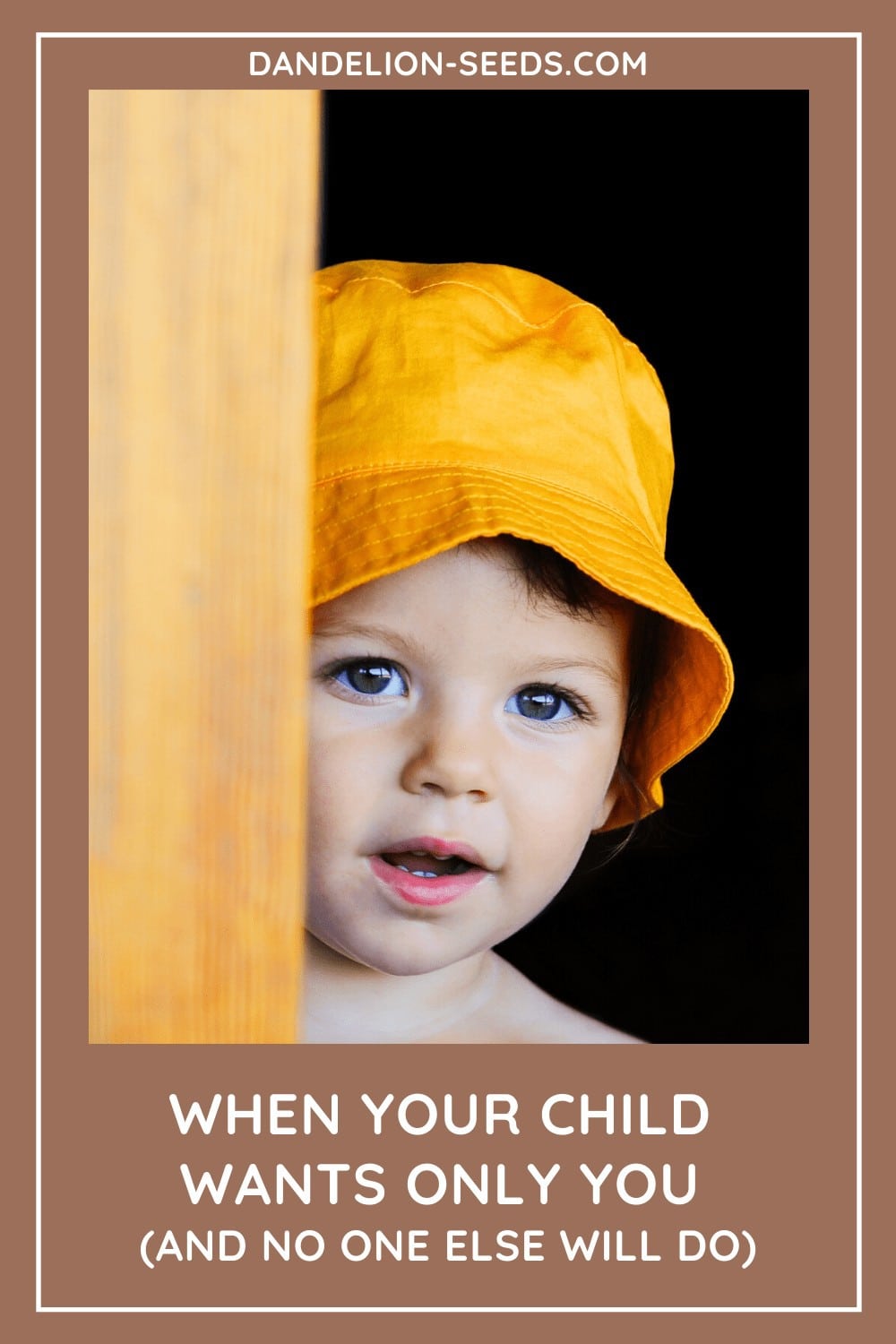
Sign in
Don't have an account with us? Sign up using the form below and get some free bonuses!

The quiet child: how can we help them thrive in an extroverted world?
When my daughter was two, I had to schedule at least two hours when we'd go to the grocery store because, being the new talker that she was then, she insisted that we stop and talk to every single person we passed in every single aisle. I'd go in for one tomato and leave with 25 new friends.
She didn't stay that way, though. Over time, some kids, like mine, change to become a more of a quiet child than they were before, while others become more of the extrovert they always were.
Many adults assume, however, that all kids crave BIG attention—the brighter, bolder, and louder, the better. However, some children need space to build trust before they'll delve into conversation or even basic play. And for some of us, giving a quiet child space is a hard concept to grasp—particularly those of us who really want to

connect and who might not be "wired to wait" the same way the child is.
In fact, half the people in the world are introverts. That can leave the other half wondering what to do to
connect with them. So, what can you do when the quiet child you're trying to engage shies away from your attempts? Hint: don't try harder.
I'll admit that for several reasons, I felt odd giving friends who hadn't met my quiet child, who's now solidly introverted, this advice. However, it's proven to be the most helpful tip I've found so far. Bear with me:
Pretend the quiet child is a cat. I mean that in the most respectful of ways. Bear with me.
If you'll forgive the analogy and the generalization, the way to engage puppies—unlike cats—is typically to run, throw balls, pick them up, and roughhouse.
Conversely, a cat typically responds better if you simply find a peaceful place to sit where she can check you out from afar, perhaps come and sniff an outstretched hand, and decide whether to snuggle up or play with a toy you're dangling. If you move too quickly, though, she's likely out of there. She doesn't want you to pursue her.
A quiet child may want to observe her trusted adult's interactions with you before engaging with you directly. If Mom or Dad seems relaxed and happy with you and is following the steps in Supporting the Introverted Child, she can follow her adult's cues and let her guard down when she's ready.
That said, even if you're truly hilarious and other kids burst out in giggles when you surprise them with a "Boo!" they weren't expecting, quiet children often need an entirely different approach.

Here's what to try, instead:
In every single case where my friends trusted the "cat suggestion" I gave them privately before meeting my quiet child, it worked. By the time we parted ways, my girl had signaled her comfort by reaching out and holding my friends' hands as we walked together. By the look on my friends' faces, suffice it to say she'd melted their hearts with her subtle connection.

Channel Depeche Mode (am I dating myself?) and enjoy the silence. Keep the loud games, TV, music, and
general distractions off. Some (but not all) introverted children are easily overwhelmed in new situations and have trouble connecting to new people when there's too much chaos to "compete" with their trust-building mechanisms.
If you can find a quiet activity the child enjoys, all the better. Read a children's book alone if you need to. The child can choose whether to engage with you, but it's a good way to establish common ground. Let the child come to you.
Respect the pace, the space, and the child as a whole. Aunt Pat might've expected a hug from you when you were little, even when you hadn't seen her for 1000 years. If you really want a relationship with this child, though, it's less important to recall what was "polite" or expected when you were little, and more important to connect to the child in a way he feels emotionally safe. Consent matters.
This can be tough since it may require you to reevaluate your thinking, but it's important. Let go of who you think he "ought" to be. And by all means, if this child's sensitivity or introversion is cute or otherw

ise funny, don't laugh at him.
Say no more about a quiet child's shyness or quietness to him than you would about a loud child being loud (in other words, say nothing). Although there shouldn't be, there's sometimes a certain stigma to being "shy," and most introverts don't like people labeling them that way. Remember that buildin
g trust is the name of the game. Genuine kindness goes such a long way for all of us.
Most of all, don't give up. It's not personal. Just like we do as adults, kids want authentic connections—particularly kids who aren't naturally the life of the party.
Once you do connect, it can be the most wonderful and genuine reward.
